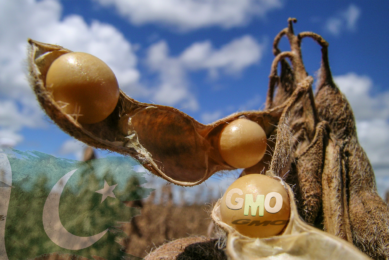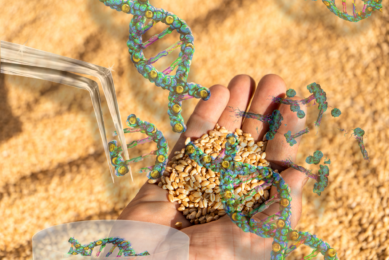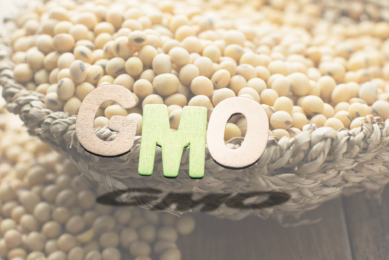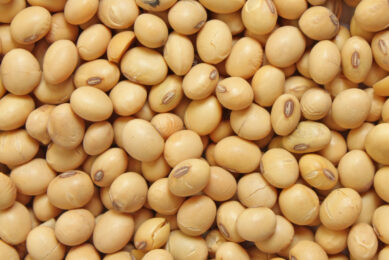Poland again postpones ban on GMO feed
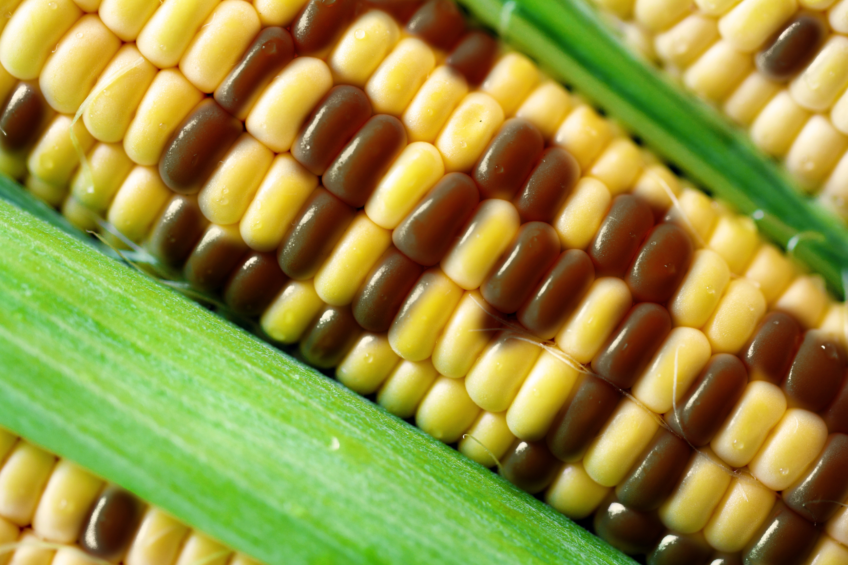
On July 30, the Polish Council of Ministers adopted amendments to the national feed regulation, postponing the ban on the use of feed containing GMOs in the country until January 1, 2030.
The prohibition was scheduled to come into force on January 1, 2025. However, feed industry organisations repeatedly warned that it would have a detrimental impact on the supply chain as Poland lacks an alternative to GMO feed.
Poland originally adopted a ban on GMOs in animal feed in 2006 but has been consistently delaying this measure from coming into force.
The government reaffirmed its intention “to gradually introduce and apply EU trends in the scope of rebuilding protein independence in the feed market.”
Time to prepare
The postponement will give the Polish feed sector more time to better prepare for the GMO ban.
Among other things, the government said, the decision will allow feed companies “to rebuild the current systems of product purchase and distribution” and to “adjust recipes and technological lines.”
The Polish Agricultural Ministry agreed with market players that the GMO ban’s entry into force in 2025 would lead to the collapse of the entire animal nutrition sector.
The Ministry expressed its understanding of the challenges, stating that replacing imported soybean meal with domestic high-protein feed raw materials that will be comparable in terms of quality and economy will take time.
“There are not enough alternative high-protein raw materials in Poland that would allow the elimination of soybean meal from feed production without reducing production results on an industrial scale,” the Ministry added.
Competitiveness on the line
The Ministry also added that thanks to the postponement of the ban, the Polish poultry and pig industries would not lose their competitive edge.
“Domestic products are characterised by lower prices compared to products in other EU countries, thanks to which Poland holds a strong position in the European Union and on third-country markets,” the Ministry stated.
Polish leading agricultural organisations have yet to react to the government decision, but it is likely that the poultry and pig manufacturers will be satisfied. During the discussions with the authorities, the National Poultry Council, a leading union of poultry farmers, advocated postponing the GMO ban beyond 2027, as the original proposal envisaged.
The National Poultry Council warned that the ban would hurt Poland, the Europe’s leading poultry exporter, undermining its opportunity keep trade with foreign customers running.




